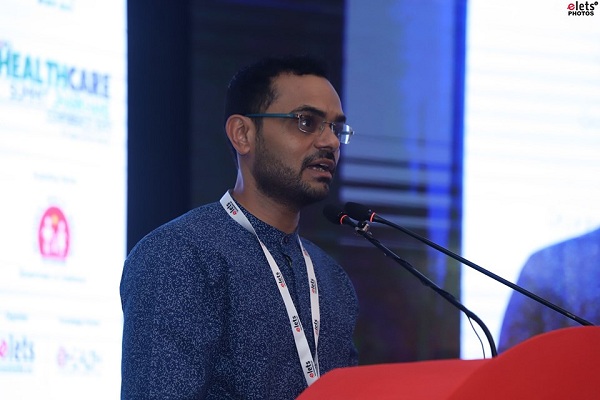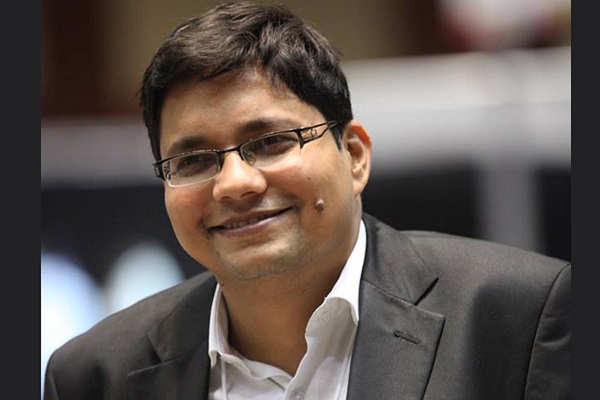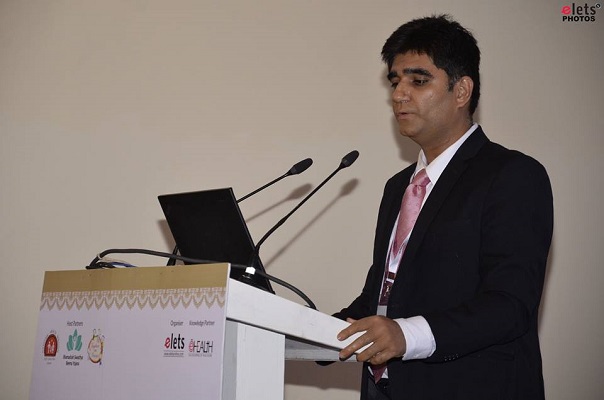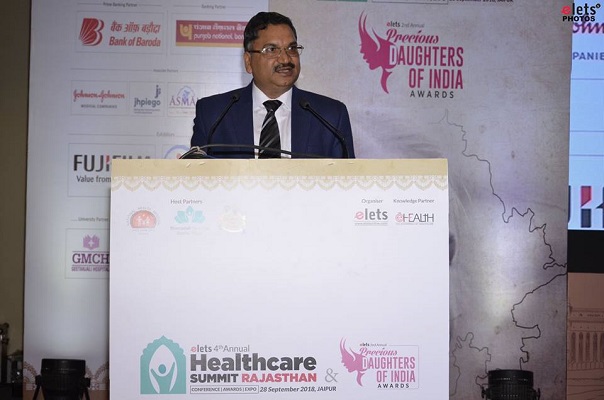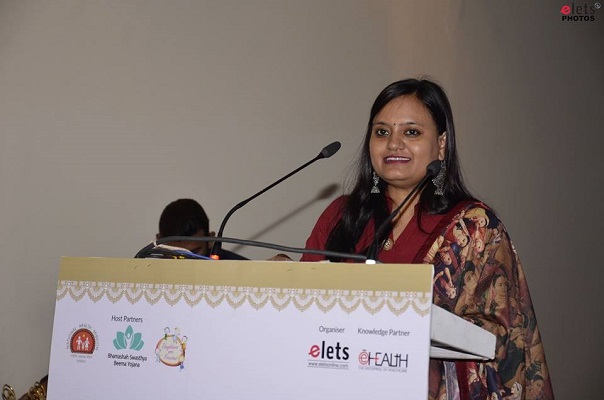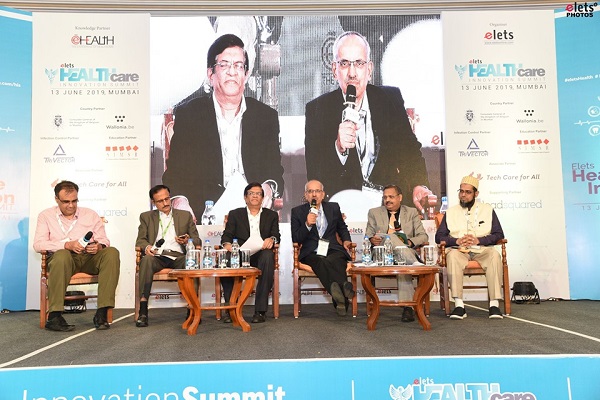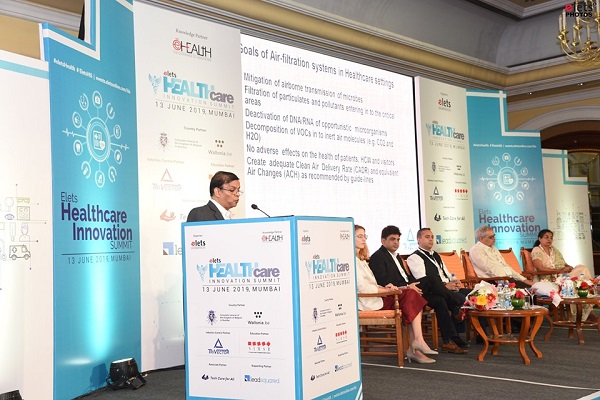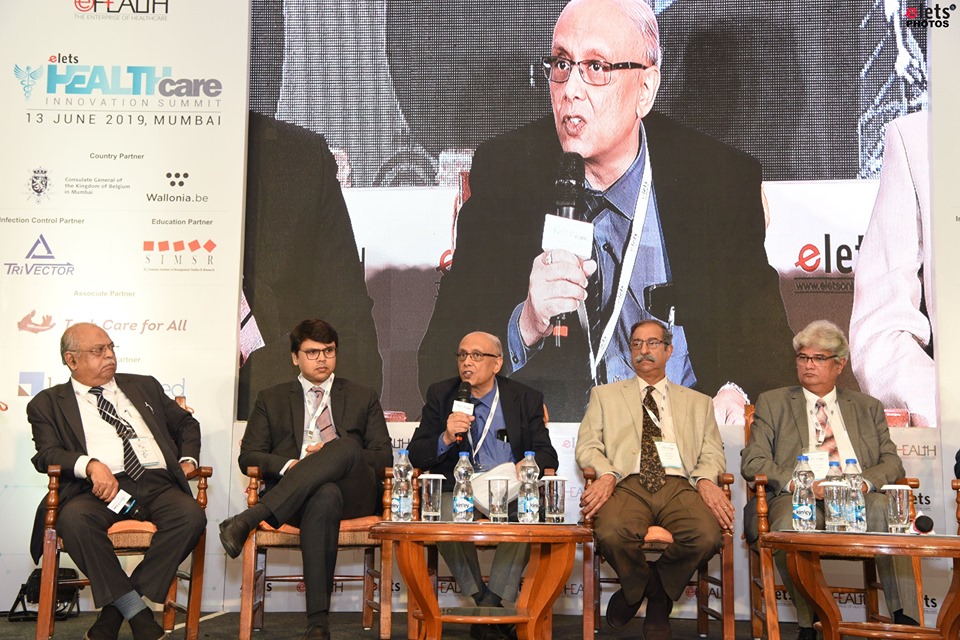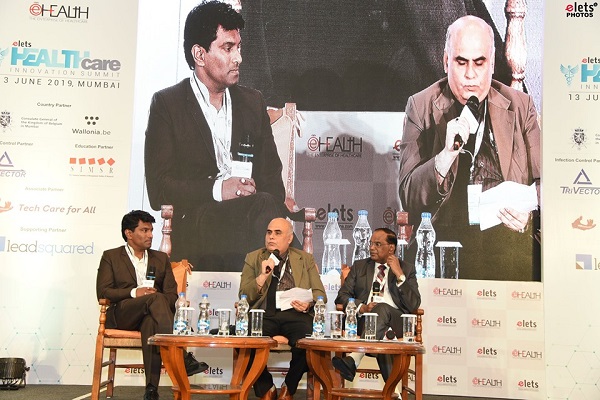
India’s healthcare market may see a threefold jump in value terms to reach $ 372 by 2022. With key components of the healthcare market in India such as hospitals, pharmaceuticals, diagnostics, medical equipments and supplies, medical insurance and telemedicine, India is paving the path for technological advancements with better clinical outcomes and patient care.
While participating during a panel discussion at Healthcare Innovation Summit, Bengaluru, Dr Nandakumar Jairam, Chairman, Columbia Asia Hospitals said,” The bottom line for any quality initiative is the self determination of an institution. Quality cannot be enforced by regulatory agency. It has to be self driven and self motivated.”

Secondly, he continued,” There are indicators that will help you in receiving clinical outcomes, patient safety and every other aspect of quality that you looking forward to monitor.”

Highlighting on the third element, Dr. Jairam said,” Absolute and authentic data should not only be collected but analysed too. The quality which is based upon manual systems is doomed to failure because the volumes that will come up and the manner in which it has to be assessed will fall short of what is required. Maintaining the global standards and a large part in Indian standards would help us benchmark ourselves with what is appropriate and what is not.”

“Quality is a journey that never ends. It is a journey that has a beginning and continuous forward movements, depending on what becomes more or less important as you walk along this journey.”

Quality in healthcare is a production of cooperation between the patient and the healthcare provider in a supportive environment. Commenting on whether affordability impacts quality, Guruprasad B R, Vice President, Sparsh Group of Hospitals said, “Affordability has a lot of changes, especially when it comes to healthcare, nobody wants to pay. Only when it becomes very severe and painful and the patient, only then the patient tries to pay the money. Even deciding on affordability, it is difficult to decide what is more affordable and what not.”
“Every hospital should have a quality standard and its own segment to cater to. So, if somebody wants quality, he has to pay for it,” said Guruprasad.
Talking about the present era of consumerism, patient’s expectation and satisfaction solely depends on the outcomes received by the patient, Shailaja Suresh, CEO, BGS Gleneagles Hospital said, “When we talk about the age of consumerism costs are raising every day where we also see a patient’s expectations rising.”
“It is not surprising to us because patients have to bear a major chunk of the financial burden. So when they have to face this, the value for money and expectation will increase.”
“We should carefully move from anticipating their expectation, ensuring that they have a good experience and finally achieve patient satisfaction”, said Suresh.
Pointing the notion of affordable care and quality, Dr Vijayabaskaran Sundararaju, Executive Director, Kauvery Hospital said,” Infrastructure and affordability are not poles apart. If we understand the demand of the patient and according to their needs, then both these elements can be worked upon. But if we miscalculate and misinterpret, then surely it will be a myth.”
Highlighting similar facts, Dr Naresh Shetty, Vice President, Ramaiah Memorial Hospital said, “It is quite often said that in order to be affordable, you have to get rid of. Affordability is different for different people. Everyone talks about affordable healthcare. The real deal is accessible healthcare. This is where the technology bumps in where you probably have smart diagnostics, smart inventories. As long as you have AI as your servant and not your boss, it will serve your purpose.”
Be a part of Elets Collaborative Initiatives. Join Us for Upcoming Events and explore business opportunities. Like us on Facebook , connect with us on LinkedIn and follow us on Twitter , Instagram.
"Exciting news! Elets technomedia is now on WhatsApp Channels Subscribe today by clicking the link and stay updated with the latest insights!" Click here!






